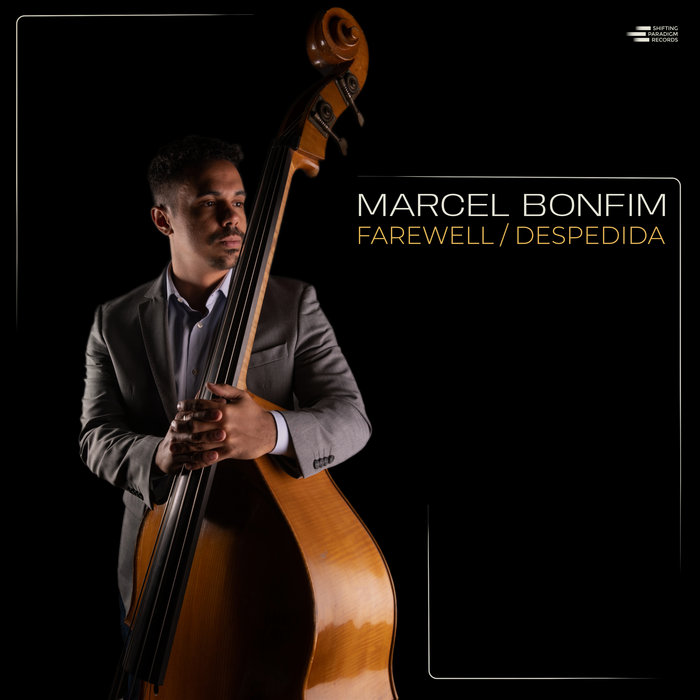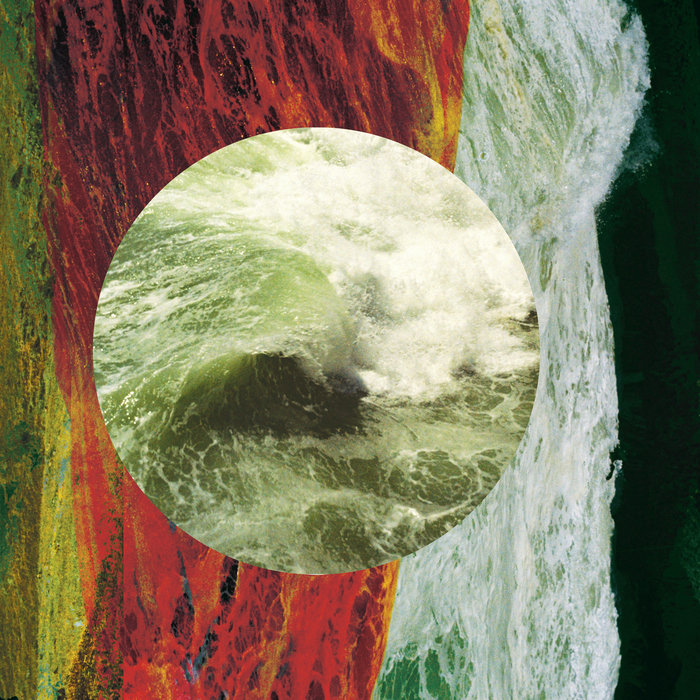
El Quitrin – The Joy of Livin – Angel Bat Dawid
this blog is GROOVY – check out great Soul, Funk, Jazz, Hip Hop, Bass, Breaks , Reggae, House n many more TUNES
Welcome to the vibrant world of jazz, where rhythm meets soul and improvisation is king! Grab your saxophone or your favorite set of bongos, because we’re diving deep into the history of this revolutionary genre that’s been making people groove since the late 19th century. Let’s swing through time and discover what makes jazz so special — with a sprinkle of funny facts about some legendary musicians along the way.
Jazz is like a spicy gumbo simmering in New Orleans, born out of a mix of African rhythms, blues, ragtime, and European musical traditions. In the early 1900s, as bands played lively tunes in parades and clubs along Bourbon Street, something magical happened — music began to take flight!
Fun Fact: Did you know Louis Armstrong was once banned from playing in his youth? After firing a gun into the air on New Year’s Eve (a classic young rebel move), he spent time at a home for troubled boys where he learned to play cornet! Talk about turning adversity into artistry!
The 1920s were nothing short of explosive for jazz. As prohibition made speakeasies pop up like mushrooms after rain—these hidden bars became hotspots where cool cats gathered to listen to hot jazz. Musicians like Duke Ellington and Bessie Smith lit up these underground scenes.
Did You Know?: During performances at speakeasies, many musicians had their drinks spiked just before going on stage! Imagine trying to hit those high notes while dealing with someone else’s questionable cocktail choices!
Fast forward to the 1930s when big bands started swinging hard! Count Basie and Glenn Miller led ensembles that got everyone dancing. Swing wasn’t just music; it was an entire culture—a joyous celebration that shook dance floors across America.
Funny Fact Alert: Legend has it that Glenn Miller would personally rearrange chairs if they were too far apart for dancers during his gigs. He wanted everybody close enough to feel that swingin’ vibe—it’s all about keeping it tight!
Enter Charlie Parker & Dizzy Gillespie — this dynamic duo cranked up jazz complexity by introducing bebop in the 1940s. Suddenly melodies became intricate puzzles wrapped around rapid-fire rhythms. It blew listeners’ minds but left some folks scratching theirs instead!
Side Note: Parker reportedly had such fast fingers on his alto saxophone that he often played so many notes they had trouble capturing them on recordings—some called him “Bird,” but maybe “Blurr” would’ve suited him better!
As we slid into the ’60s and ’70s, artists began experimenting wildly with genres beyond traditional jazz—in came fusion! Think electric guitars alongside trumpets with flavors from rock ‘n roll thrown in for good measure.
Miles Davis took listeners on an electrified ride creating masterpieces like Bitches Brew which introduced different textures fueled by electronic sounds—and yes dear reader—plenty more improv magic.
Have you heard about Ornette Coleman? This avant-garde genius believed everything could be considered music—even silence! He casually walked off stage one night after feeling bored mid-performance because “it wasn’t grooving!” Now that’s what we call taking artistic freedom seriously (or perhaps just having zero patience)!
Jazz today reflects its roots while evolving at lightning speed. Young geniuses bring new styles—the likes of Kamasi Washington or Esperanza Spalding are pushing boundaries yet again using influences from hip-hop all over today’s mainstream scene.
Jazz festivals globally draw huge crowds ready for something fresh yet familiar; improvised jams now unite fans across cultures speaking one universal language – MUSIC!
In a hilarious slip-up during an interview back in ’62, Billie Holiday claimed she should have been born “Billied” instead – Quite fitting considering she oughta have her name shine bright wherever she goes- talk about owning your brand before social media was even alive!
From humble beginnings steeped deep within cultural tapestries emerged layers upon layers transforming music forevermore through creativity without boundaries or limits attached—a true testament honoring legacy living vibrantly among us still today—after all who doesn’t love jamming out?
So next time you hear those sweet trumpet tones wafting through your neighborhood or catch an impromptu session down by Main Street remember—you’re not just listening; you’re participating actively within centuries-old stories told via spontaneous synaptic connections – That my friend is pure magic flowing freely around us every day as long as there are souls willing enough embrace improvisation whole-heartedly… So go ahead indulge yourself whether you’re cooking dinner alone rocking out your favorite records looong live freedom expressed creatively endless ways 🎶✨

El Quitrin – The Joy of Livin – Angel Bat Dawid

Lucia (feat. Alabaster DePlume) – Gregory Uhlmann

Mas Paz (Organic Rework 2025) – //-Cumbiasound-//

Boom Bapped – Makaya McCraven

Gynger – Flammer Dance Band

Future (Knox Fortune Remix) – Resavoir

My Baby Just Cares for Me – Tina Schlieske

Casa Forte / Zanzibar – Marcel Bonfim

i – Cassie Kinoshi's seed.

Sunday Morning (featuring Elton Aura & Whitney) – Resavoir